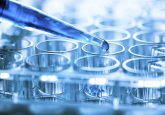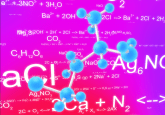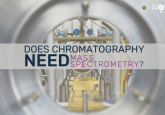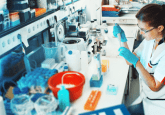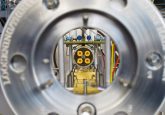Manchester University receives £49.35m to boost mass spectrometry research
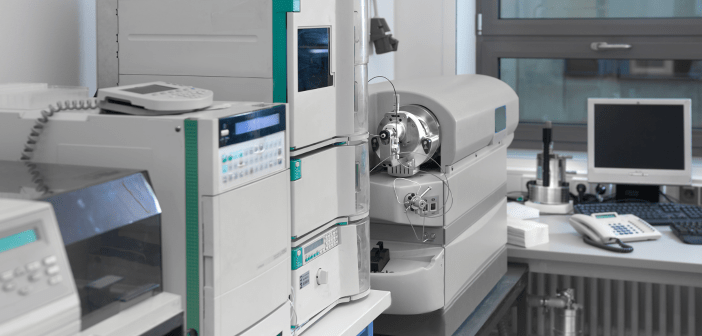
The investment was granted by the UKRI Infrastructure Fund and will be used to create a national hub-and-spoke infrastructure called C-MASS, developed to advance and unite the UK’s capability in mass spectrometry (MS).
As a powerful analytical technique that measures the mass-to-charge ratio of molecules in a sample, MS is central to progressing science and medicine.
The University of Manchester (UK) is a key leader in this field, celebrated for its expertise in MS for over a century. Notably, the first mass spectrometer, originally called a parabola spectrograph, was built in 1912 by JJ Thomson , an alumnus of The University of Manchester. The first ever commercial mass spectrometer was also later commissioned for use in the Second World War by another alumnus, James Chadwick.
More recently, the university’s researchers have employed MS for a diverse range of world-leading research across multiple disciplines including chemistry, biology and biotechnology. To name just a few of these projects, MS has been instrumental in research improving the diagnosis of womb cancer, understanding Huntington’s disease, diagnosing Parkinson’s disease and identifying treatments for blindness.
Therefore, it is unsurprising that the Manchester region manufactures the most mass spectrometers, not only in the UK but across Europe.
You may also be interested in:
- Validation of Mitra® VAMS® as a blood collection technique for trace elements analysis using ICP-MS/MS
- Top industry advancements in mass spectrometry
- Panel discussion: LBA and LC–MS/MS hybrid assays
C-MASS will contribute to this pioneering research by accelerating methodological advances within the university’s numerous institutes and research organizations, including the Photon Science Institute, Manchester Environmental Research Institute, Wellcome Trust Centre for Cell Matrix Biology, the Biological Mass Spectrometry Facility, the Manchester Institute of Biotechnology and the Michael Barber Center for Collaborative Mass Spectrometry (all Manchester, UK).
The aim is to channel the funds into creating standardized protocols to enable widespread screening of health markers and facilitate rapid data access and sharing. It will consolidate advanced equipment across various laboratories, interconnected and overseen by a central hub managing a comprehensive metadata catalog. Combined, this approach should offer unparalleled data organization and serve as an indispensable resource for measurement science in the UK.
“As part of the coordination team for this bid, I am absolutely delighted. C-MASS will be a distributed infrastructure to enhance the capabilities of MS across the UK and grant us unprecedented insights [into] the molecules that make up our world,” commented Perdita Barran , Professor and Director of the Michael Barber Centre for Collaborative Mass Spectrometry at The University of Manchester.


